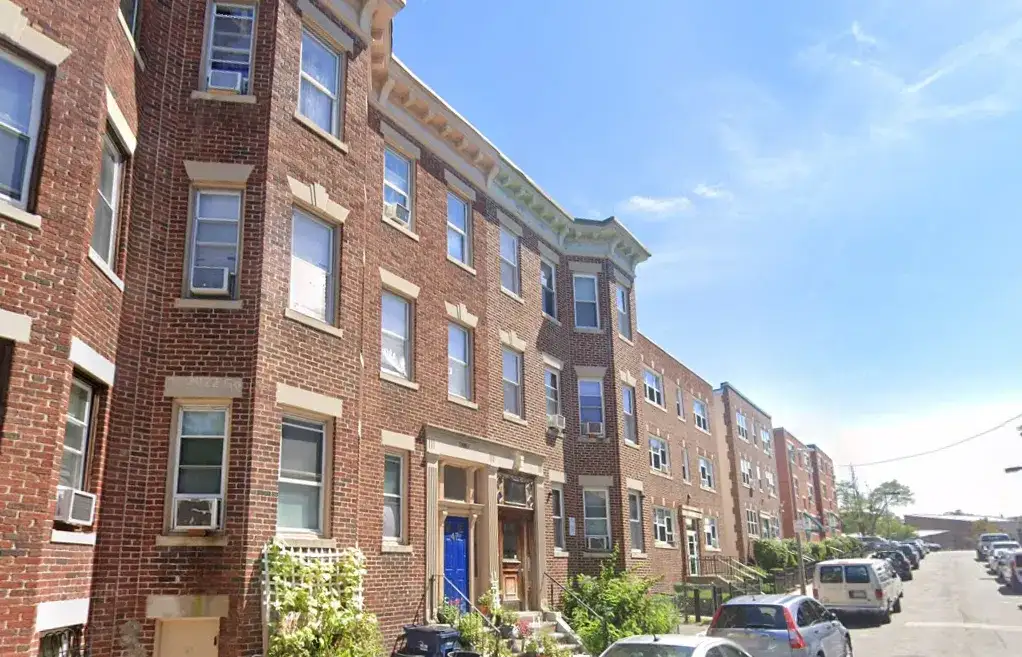How does alcohol change immunity? 3 truths about lockdown drinking
How does alcohol change immunity? 3 truths about lockdown drinking

The actions of interferons within the cells, in turn, are mediated by regulatory molecules called signal transducers and activators of transcription (STATs), a family of transcription factors that regulate the expression of certain immune genes. Thus, both acute and chronic alcohol inhibit induction of Type-I interferons via TLR3, TLR7/8, or TLR9 or by helicase receptors in monocytes (Pang et al. 2011; Pruett et al. 2004). Alcohol also impairs Type-I interferon-receptor signaling by inhibiting STAT signaling (Norkina et al. 2008; Plumlee et al. 2005). As reviewed by Szabo and Saha, alcohol�s combined effects on both innate and adaptive immunity significantly weaken host defenses, predisposing chronic drinkers to a wide range of health problems, including infections and systemic inflammation. Alcohol�s widespread effects on immune function also are underscored in the article by Gauthier, which examines how in utero alcohol exposure interferes with the developing immune system in the fetus.
Health Categories to Explore
In addition, they can excrete toxic substances from their granules that can kill pathogens. PMNs produce a host of bacteria-killing (i.e., bactericidal) molecules (e.g., myeloperoxidase, defensins, azurophil-derived bactericidal factors, bactericidal permeability-increasing protein, cationic proteins, gelatinase, and lactoferrin). In addition, PMNs participate in the regulation of the local defense response by releasing signaling molecules called cytokines and chemokines (e.g., tumor necrosis factor [TNF]-?; interleukin [IL]-1?, IL-6, and IL-8; and macrophage inflammatory protein [MIP]-2). These molecules help recruit and activate additional PMNs as well as macrophages to the site of an injury or infection.
Alcohol And Muscle Relaxers: 4 Things To Know About This Risky Combination
It is mainly composed of macrophages, dendritic and natural killer cells, as well as different forms of granulocytes. The adaptive immune system is highly specific to a particular pathogen and is formed by B and T cells lymphocytes. (B) The gut microbiota is in close interaction with both the innate and the adaptive immune system. This interaction is frequently driven by SCFAs, which modulate local as well as systemic immune response.
Effects on CD4+ (Helper) T-Cells

These may include infections after surgery, traumatic injury, or burns; accelerated progression of HIV disease; adult respiratory distress syndrome and other opportunistic lung infections; and infection with hepatitis C virus, cirrhosis, or liver cancer (hepatocellular carcinoma). The first point of contact for alcohol after consumption is the gastrointestinal (GI) system before it is absorbed into the bloodstream. Here, alcohol can damage the epithelial cells, T-cells, https://ecosoberhouse.com/ and neutrophils in the GI tract, all of which can alter the gut barrier function and allow intestinal microorganisms to leak into circulation. �Alcohol has diverse adverse effects throughout the body, including on all cells of the immune system, that lead to increased risk of serious infections,� said Dr. E. Jennifer Edelman, a Yale Medicine addiction medicine specialist. Chronic drinking � for 12 to 15 years � can lead to a reduction in the number of T cells.
The effect of chronic binge ethanol consumption on the primary stage of SIV infection in Rhesus macaques
Alcohol abuse suppresses multiple arms of the immune response, leading to an increased risk of infections. The course and resolution of both bacterial and viral infections is severely impaired in alcohol-abusing patients, resulting in greater patient morbidity and mortality. Multiple mechanisms have been identified underlying the immunosuppressive effects of alcohol.


However, LPS increase was not found in the brain, suggesting that other ligands and/or alcohol itself may activate TLR4 (Alfonso-Loeches et al. 2010; Lippai et al. 2013b). The human gut is the largest organ with immune function in our body, responsible for regulating the homeostasis of the intestinal barrier. A diverse, complex and dynamic population of microorganisms, called microbiota, which exert a significant impact on the host during homeostasis and disease, supports this role.
Alcohol and the Adaptive Immune Response
- These articles detail how alcohol affects the immune system and how researchers are harnessing this knowledge to help prevent and treat alcohol-related harm.
- Some of the most notable contributors to the innate immune response include natural killer (NK) cells, neutrophils, monocytes, macrophages, and dendritic cells (DCs).
- In contrast to the inhibitory effects of acute alcohol treatment (up to 24 hours), prolonged exposure of human (men and women) peripheral blood monocytes to 25mM ethanol for 7 days increased LPS-induced TNF-? production without affecting IL-10 production (Pang, Bala et al. 2011).
- Thiamine, also known as vitamin B1, contributes to the activation of T cells, suppresses oxidative stress-induced NF?B activation in macrophages, and serves as an anti-inflammatory factor (Manzetti, Zhang et al. 2014).
This same treatment also inhibited the in vitro production of IL-6 and IL-12 by peritoneal macrophages harvested 2 hours following injection of LPS (Pruett, Fan et al. 2005). This phenomenon was not observed in a TLR4 mutant mouse, indicating that does alcohol suppress immune system the acute phase response is mediated by TLR4 (Pruett and Pruett 2006). Ethanol modulates the function of monocytes, immature innate immune cells that circulate in the blood until recruited into tissues, in a dose and time dependent manner.
- Acetate is then released into the blood where it is oxidized to carbon dioxide in the heart, skeletal muscle, and brain (Zakhari 2006).
- In addition to psychotherapy, treatment can also include nutritional supplements and dietary guidance, as well as certain medications.

Specifically, chronic alcohol consumption could reduce the SCFAs count through the reduction in some Firmicutes genera, such as Faecalibacterium and Ruminococcaceae, on which the production of SCFAs depends [75,76]. Furthermore, it has been described that alcohol consumption would also have effects on other microbiota derived metabolites, leading to increases in branched-chain amino acids [77] and peptidoglycans [78]. However, studies showing the effect of alcohol on these microbiota derived metabolites are scarce. In addition to laboratory studies confirming the impact of alcohol consumption on the innate immune system, several studies have looked at how heavy drinking can alter plasma cytokine levels. To this end, one study analyzed IL-10, IL-6, IL-18, and tumor necrosis factor ? (TNF-?) levels in 25 non-treating seeking heavy drinkers after they had consumed an alcoholic drink.
Alcohol and Innate Immunity
- Although this chronic weakening of lung function may not cause any immediate symptoms, these effects can manifest when a severe respiratory infection occurs.
- In addition, alcohol significantly inhibits PMN phagocytic activity as well as the production or activity of several molecules (e.g., superoxide or elastase) that are involved in the PMNs� bactericidal activity (Stoltz et al. 1999), so that overall bactericidal activity ultimately is reduced.
- DCs, which are the major cell type linking the innate and adaptive immune response, also are affected by alcohol intoxication.
George Koob, a behavioral psychologist and the director of the National Institute on Alcohol Abuse and Alcoholism, agrees. Alcohol use can cause respiratory complications such as pneumonia, empyema, respiratory syncytial virus, tuberculosis, lung abscess, and adult respiratory distress syndrome (ARDS). In this interview, we explore global and local efforts to combat viral hepatitis with Lindsey Hiebert, Deputy Director of the Coalition for Global Hepatitis Elimination (CGHE), and James Amugsi, a Mandela Washington Fellow and Physician Assistant at Sandema Hospital in Ghana. Together, they provide valuable insights into the challenges, successes, and the importance of partnerships in the fight against hepatitis.